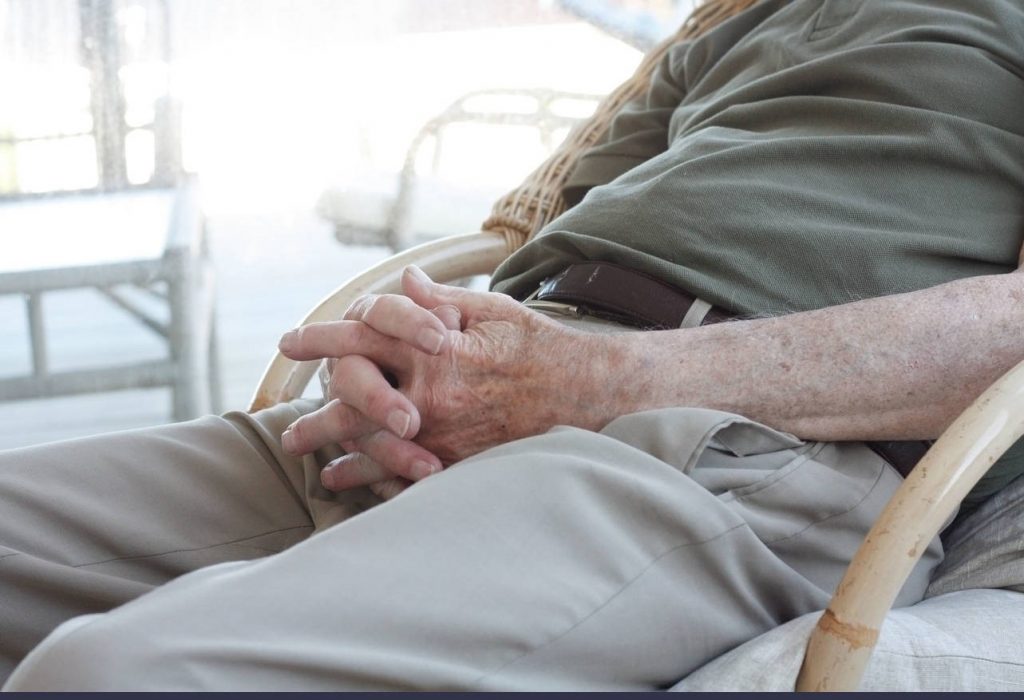RIO DE JANEIRO, BRAZIL – It is expected that the crucial reform will be voted before the congressional recess. After two months of debates, the Special Committee considering the Social Welfare reform in the Chamber approved the proposal submitted last Wednesday by the rapporteur, Samuel Moreira (PSDB-SP), on Thursday, July 4th.

The score – 36 votes in favor and 13 against – was considered a victory for the government, which now struggles to get the support of 308 deputies for the matter to pass the full Chamber.
It is expected that the first round of voting will take place before the parliamentary recess, which officially begins on July 18th.
The deputies withdrew the guarantee that military police officers and firefighters would be governed by the same rules as the armed forces until the states create their own laws for these classes.
The decision was taken by an agreement between the government, party leaders and legislators who represent the law enforcement bodies, said Deputy Pedro Paulo (DEM-RJ), who defended the decision.
The matter will be taken up again in a rider or included in the proposal sent by the government to change the rules of the armed forces.
The disengagement is beneficial to state law enforcement personnel, because they may remain with a contribution time of thirty years, while the federal military is at risk of having to contributie for 35 years if the bill that changes the rules of the armed forces is approved in Congress.
And There They Fight Again
A further sixteen points are needed to be voted on in an additional evening session after approval of the basic text. Law enforcement professional associations were relying on this step to achieve more favorable rules than those adopted in the opinion, but the two points on the subject — one from Podemos and one from PSD — were rejected.
Displeased with the result, civil police officers, municipal guards and other law enforcement agents attending the session left shouting “PSL betrayed the Brazilian police”, “Bolsonaro is a traitor”, and “Joice is a traitor”, in reference to the government leader in Congress, deputy Joice Hasselmann (PSL-SP).
President Jair Bolsonaro’s PSL was against relaxing the rules for the class, while opposition deputies, such as PT and PCdoB, defended the special pensions privilege.
According to the government’s leader in the Chamber, Major Vitor Hugo (PSL-GO), the intention is for the amendments to be discussed again in a full session. Until then, the minimum retirement age for police officers remains at 55, and the transition follows the same as for other servants, with an increase in the time remaining for retirement — in other words, if one year is left, then one more year needs to be worked.
The committee rejected, by thirty votes to eighteen, the PL’s call to remove teachers from the welfare reform. Moreira’s report establishes a minimum retirement age of sixty for men and 57 for women, with 25 years of contribution for both. According to the rapporteur, removing them from the reform would generate a major impact on the savings expected from the reform, in the order of R$1 trillion in 10 years.

Currently, there is no minimum age for the category in the private sector, only a requirement of 25 years of contribution for women and thirty years for men. In the public sector, they need to be fifty years old, with 25 years of contributions.
Men are required to be 55 years old and to have contributed for thirty years. The committee was also against the suggestion made by PSol to introduce taxation of profits, dividends, fortunes, and inheritances. At the beginning of discussions, the committee jointly rejected some 99 individual points in order to speed up the procedure.
The Social Welfare reform amends the retirement rules for employees of the private sector and federal public servants. The main points adopted on Thursday, July 4th, are as follows:
Retirement age
- 65 for men in the public and private sectors;
- 62 for women in the public and private sectors;
- 60 for male teachers;
- 57 for female teachers;
Minimum contribution time
- 20 years for men in the private sector;
- 15 years for women in the private sector;
- 25 years for men and women in the public sector.
The new rules apply to those who have not yet started work. Those who are active and contribute to the INSS or the public sector will follow transitional rules. For those who work, the minimum age gradually rises. It starts at 61 years of age (men) and 56 years of age (women) and every year there will be an increase of six months.

